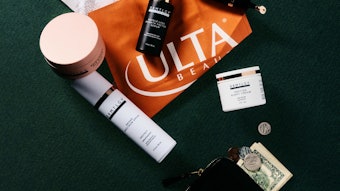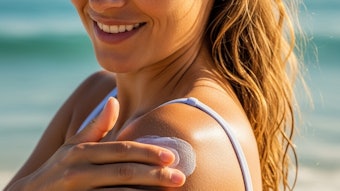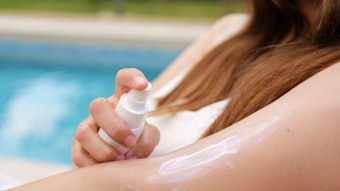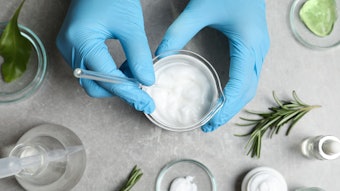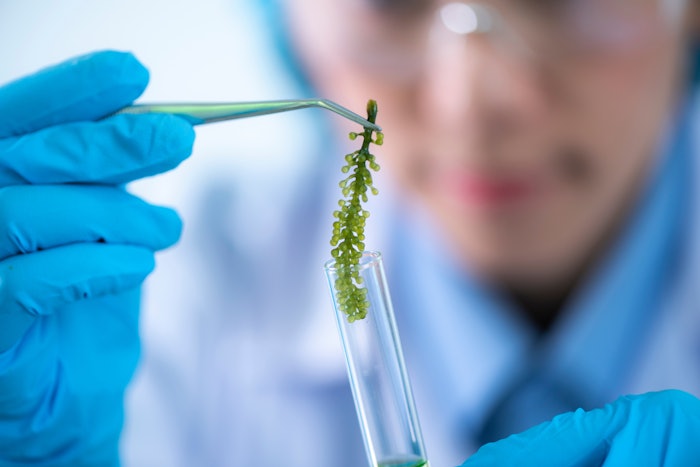
Amorepacific recently published findings on polydeoxyribonucleotides (PDRNs) derived from Chlorella protothecoides, a type of microalgae. The research appeared in the Archives of Dermatological Research and highlights the potential of this sustainable, non-animal alternative in promoting skin regeneration and wound healing.
Microalgae vs. Fish PDRN Skin Repair
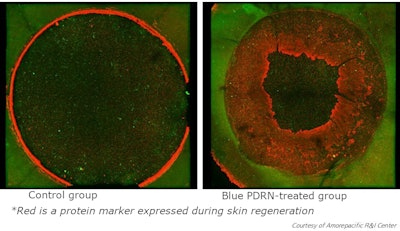
PDRNs have been gaining traction for their skin repair properties. Traditionally sourced from fish like salmon or trout, these molecules are now used in pharmaceuticals, medical devices and cosmetics. Amorepacific’s research team, however, explored a plant-based route by extracting PDRNs from microalgae as part of a national initiative led by South Korea’s Ministry of Oceans and Fisheries.
The study introduced BluePDRN, the company's microalgae-derived formulation, that demonstrated wound-healing effects equivalent to conventional salmon-based versions. Notably, per the authors, the molecules are approximately 1/20th the size of their salmon-derived counterparts. These smaller compounds boosted collagen production and angiogenesis — both vital for healthy skin — and acted through the same A2A receptor mechanism as traditional PDRNs.
Regenerative effects were also seen in photoaged skin tissue, according to supplemental testing by Outer Biosciences Inc., a U.S.-based biotech company focused on skin health.
Sustainable and Vegan PDRN
“This research is highly significant as it reveals the efficacy of sustainable, vegan PDRNs derived from microalgae," said Byung-Fhy Suh, CTO of the Amorepacific R&I Center. "Amorepacific will continue its efforts to deliver safer and more effective products to customers around the world."
Amorepacific has filed a patent for the continuous modular process used to produce these low-molecular-weight PDRNs and has received a New Excellent Technology (NET) certification along with a ministerial commendation from the Ministry of Oceans and Fisheries.
